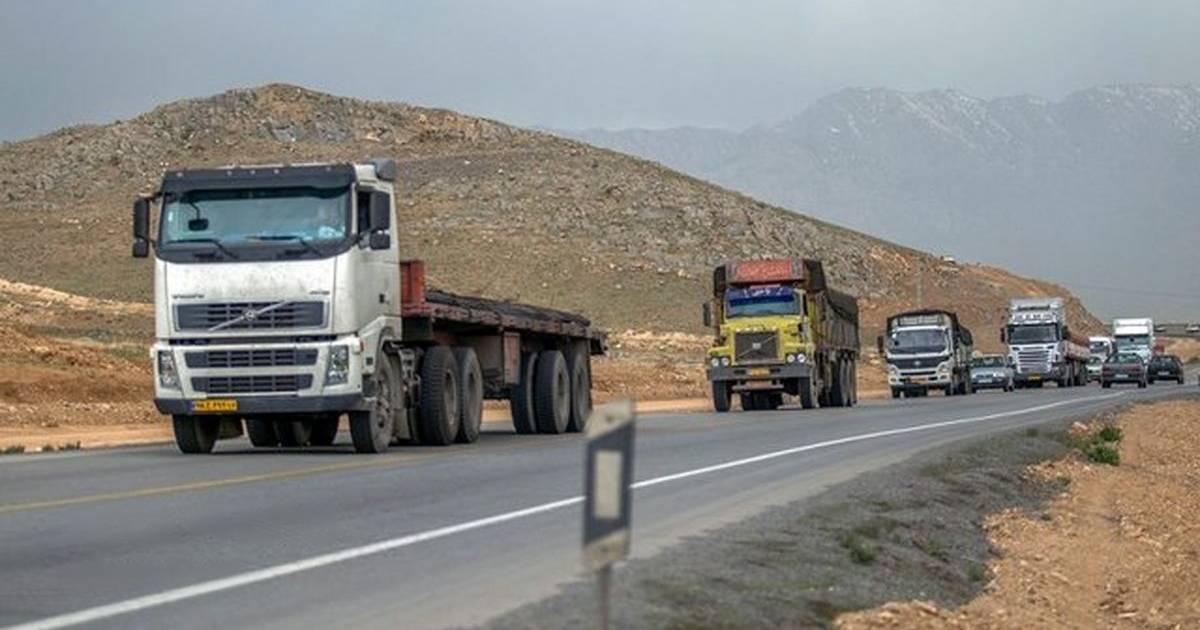
Similar Posts
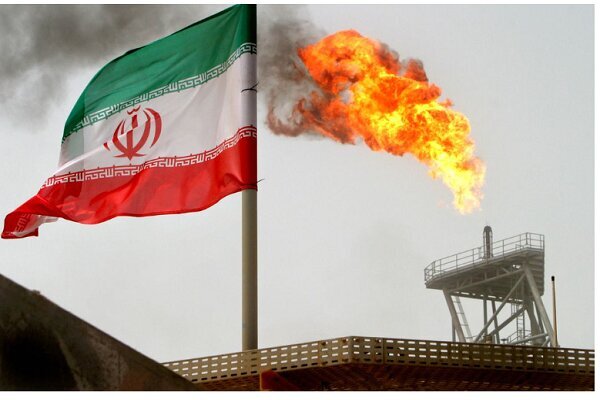
NIOC Unveils March Crude Oil OSP for Iranian Oil: Key Insights and Highlights
In March 2025, the International Affairs Directorate released updated pricing for Iranian crude oil, vital for global markets. Prices vary by type and region:
Northwest Europe & South Africa:
- Light Crude: $1.85 above ICE Brent
- Heavy Crude: $0.05 above ICE Brent
- Forozan Crude: $0.15 above ICE Brent
Mediterranean Market:
- Light Crude: $1.95 above ICE Brent
- Heavy Crude: $0.15 below ICE Brent
- Forozan Crude: $0.05 below ICE Brent
These pricing adjustments reflect market dynamics and are crucial for traders and investors navigating the evolving oil landscape.
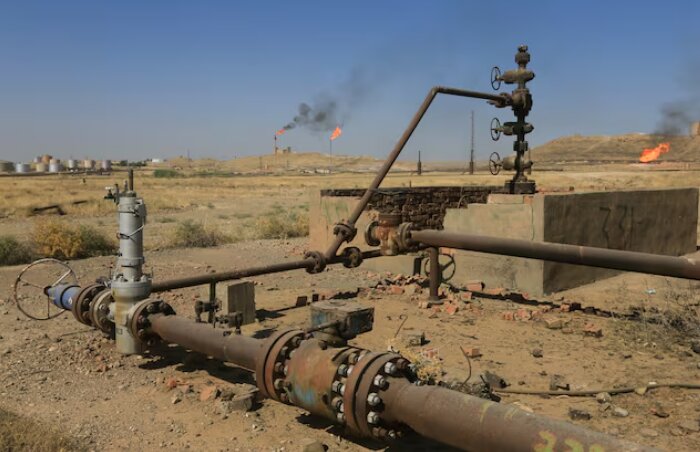
US Intensifies Pressure on Iraq to Restart Kurdish Oil Exports
The situation regarding Kurdish oil exports in Iraq is garnering international attention due to increasing pressure from the US government. Reports indicate that exports may soon resume, potentially impacting the global oil market. The Trump administration is urging Iraq to restart these exports, threatening sanctions similar to those on Iran if it does not comply. Iraq’s oil minister announced that Kurdish oil exports would recommence next week, potentially ending a nearly two-year standoff that saw a reduction of over 300,000 barrels per day. This development could stabilize the oil supply chain and ease US-Iraq tensions amid geopolitical challenges.
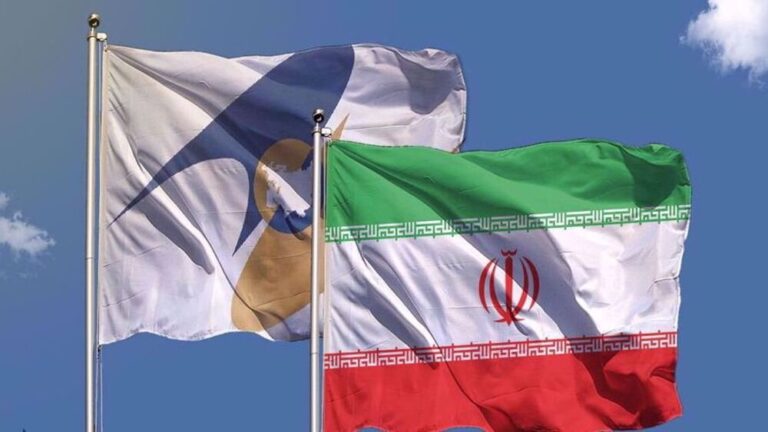
FTA Sparks Surge in Iran-EAEU Trade and Economic Collaboration
The Free Trade Agreement (FTA) between Iran and the Eurasian Economic Union (EAEU) officially commenced on May 15, 2023, enhancing trade relations among member states, including Russia, Belarus, Kazakhstan, Armenia, and Kyrgyzstan. Iranian Foreign Ministry spokesperson Esmaeil Baghaei highlighted the agreement’s potential to significantly increase economic exchanges, with around 87% of traded goods facing zero tariffs. This follows a prior preferential trade agreement established in 2019. Iran’s observer status in the EAEU reflects its commitment to deepening economic ties and diversifying trade partnerships, aiming for mutual benefits and increased trade volumes amidst global economic challenges.
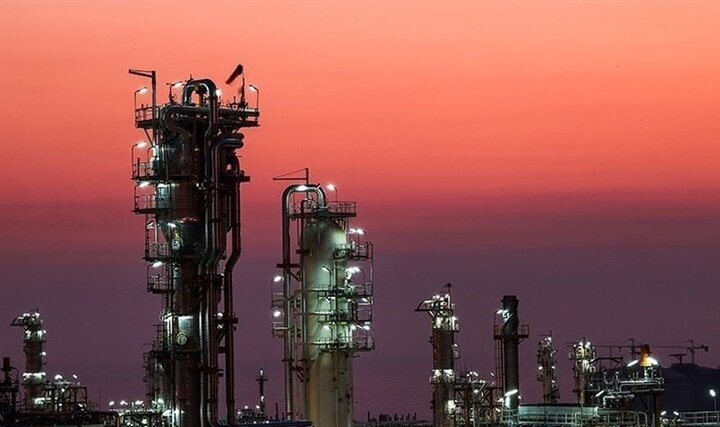
Iran Unveils Exciting New Downstream Petrochemical Projects, Says NPC
At a recent ceremony, Hassan Abbaszadeh, CEO of the National Petrochemical Company (NPC), highlighted the significance of downstream industries in Iran’s petrochemical sector. He emphasized the need for strategic planning to optimize resource utilization and enhance regional development. Key points included prioritizing export strategies, maximizing value creation by completing the value chain, and reducing raw material sales. Abbaszadeh urged collaboration between the NPC and the Ministry of Industry to address challenges and meet market demands. He expressed optimism about overcoming obstacles through cooperation, reaffirming NPC’s commitment to supporting petrochemical complexes and fostering growth in the sector.
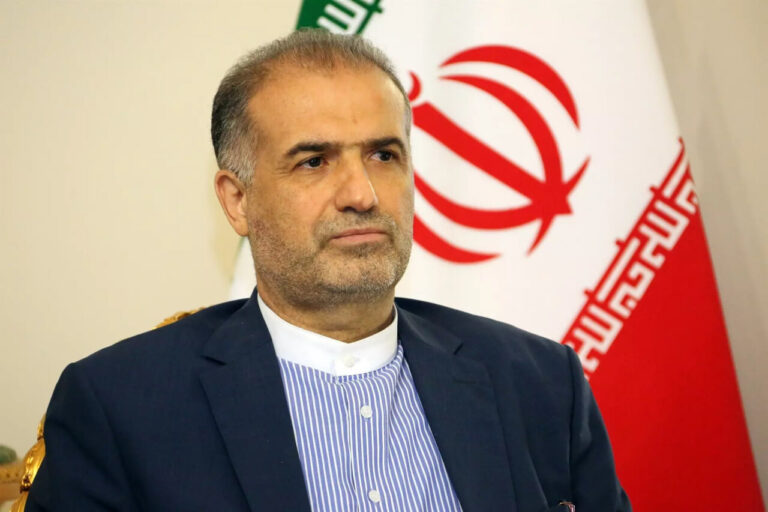
Iran and Russia Forge Groundbreaking Gas Swap Agreement: Key Details Revealed by Envoy
Iran and Russia have reached a pivotal agreement on the Rasht-Astara railway project during President Masoud Pezeshkian’s visit to Moscow, with plans to finalize the executive agreement by March 2025. The discussions, led by Pezeshkian and President Vladimir Putin, highlight the railway’s role in enhancing trade and connectivity between the two countries. The project, initially formalized in May 2023, is already underway with weekly coordination meetings between the Iranian and Russian transport ministers. Additionally, progress is being made on a Russian gas transfer deal to Iran, further strengthening their economic partnership.
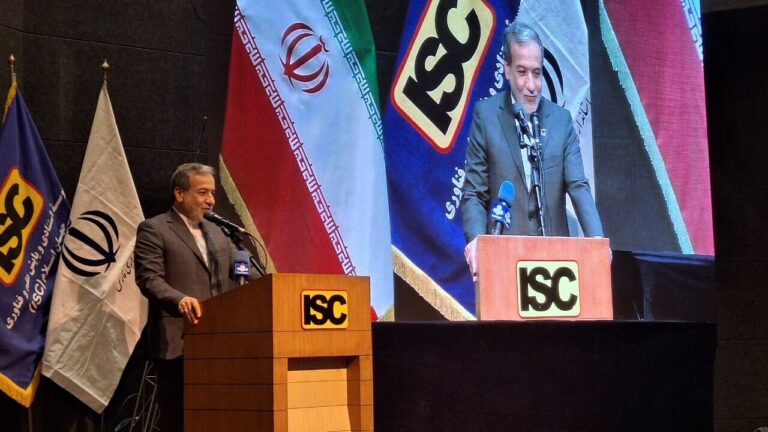
Iran’s Foreign Minister: Evading Sanctions Enhances Tehran’s Negotiating Strength
At a recent conference in Shiraz, Iranian officials, led by Abbas Araghchi, emphasized the significance of economic diplomacy and good neighborliness in fostering commercial relationships amidst ongoing sanctions. Araghchi outlined the Foreign Ministry’s role in supporting Iranian businesses by identifying non-sanctioned trade opportunities and countering economic restrictions. He asserted that U.S. sanctions have not succeeded in undermining the resilience of the Iranian people, noting that the U.S. has acknowledged there are no new sanctions to impose. The conference aimed to enhance trade relations and explore new markets, highlighting Iran’s strategy to strengthen economic diplomacy and overcome external challenges.